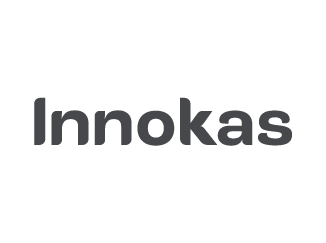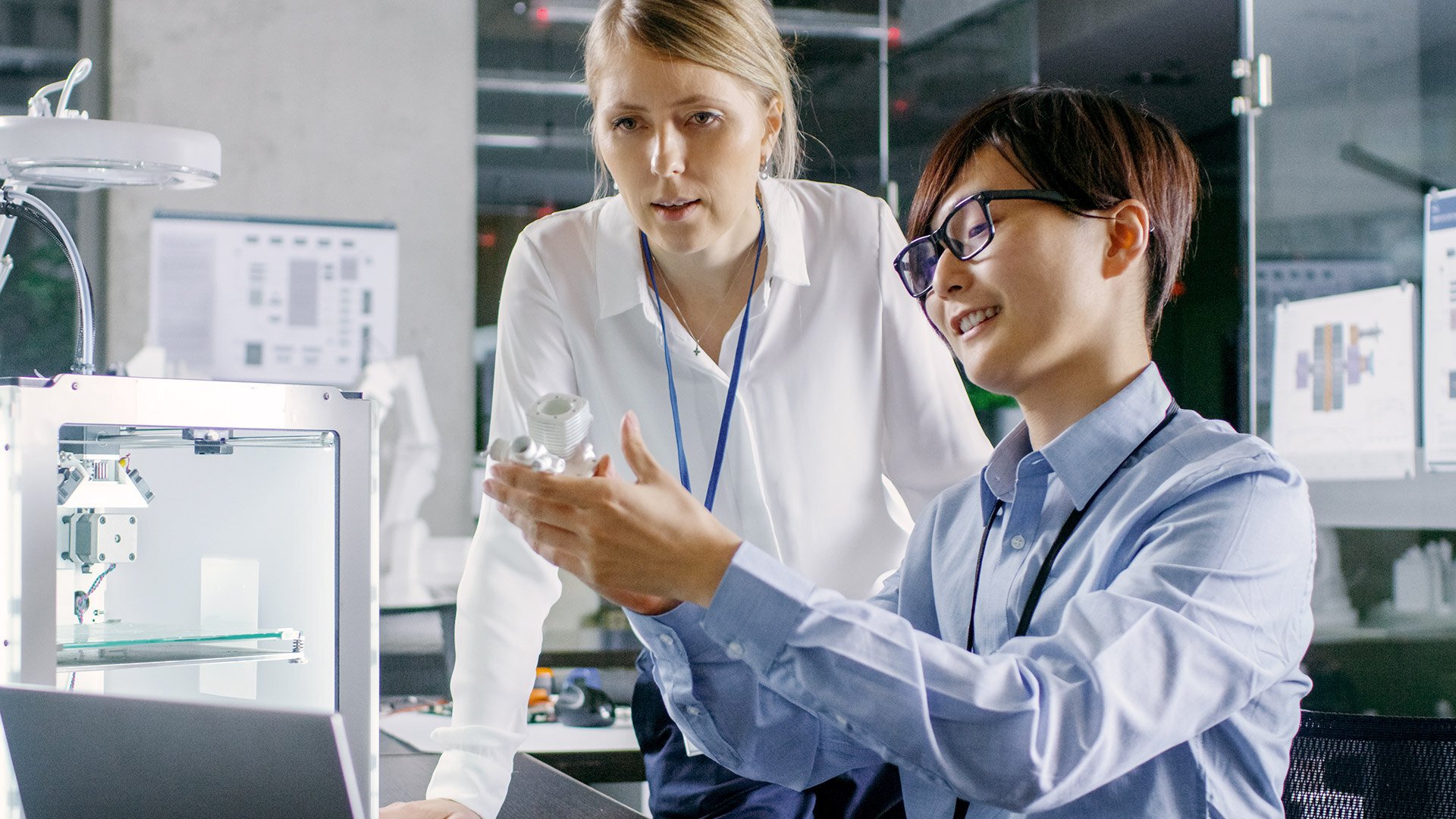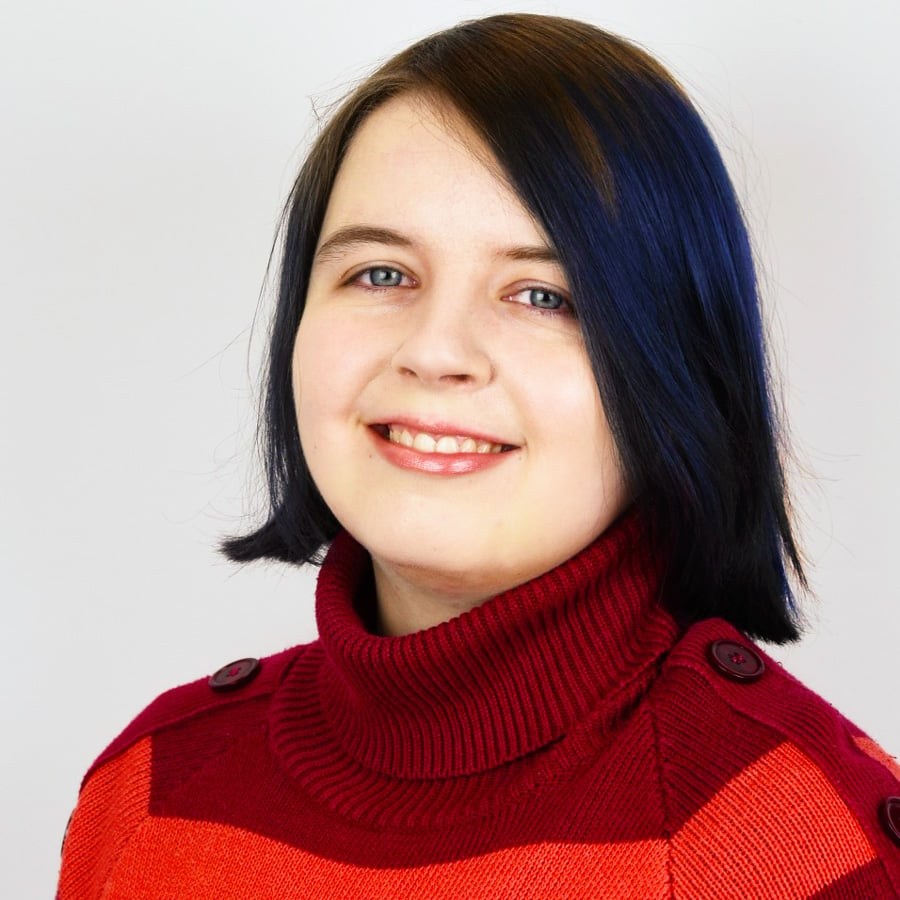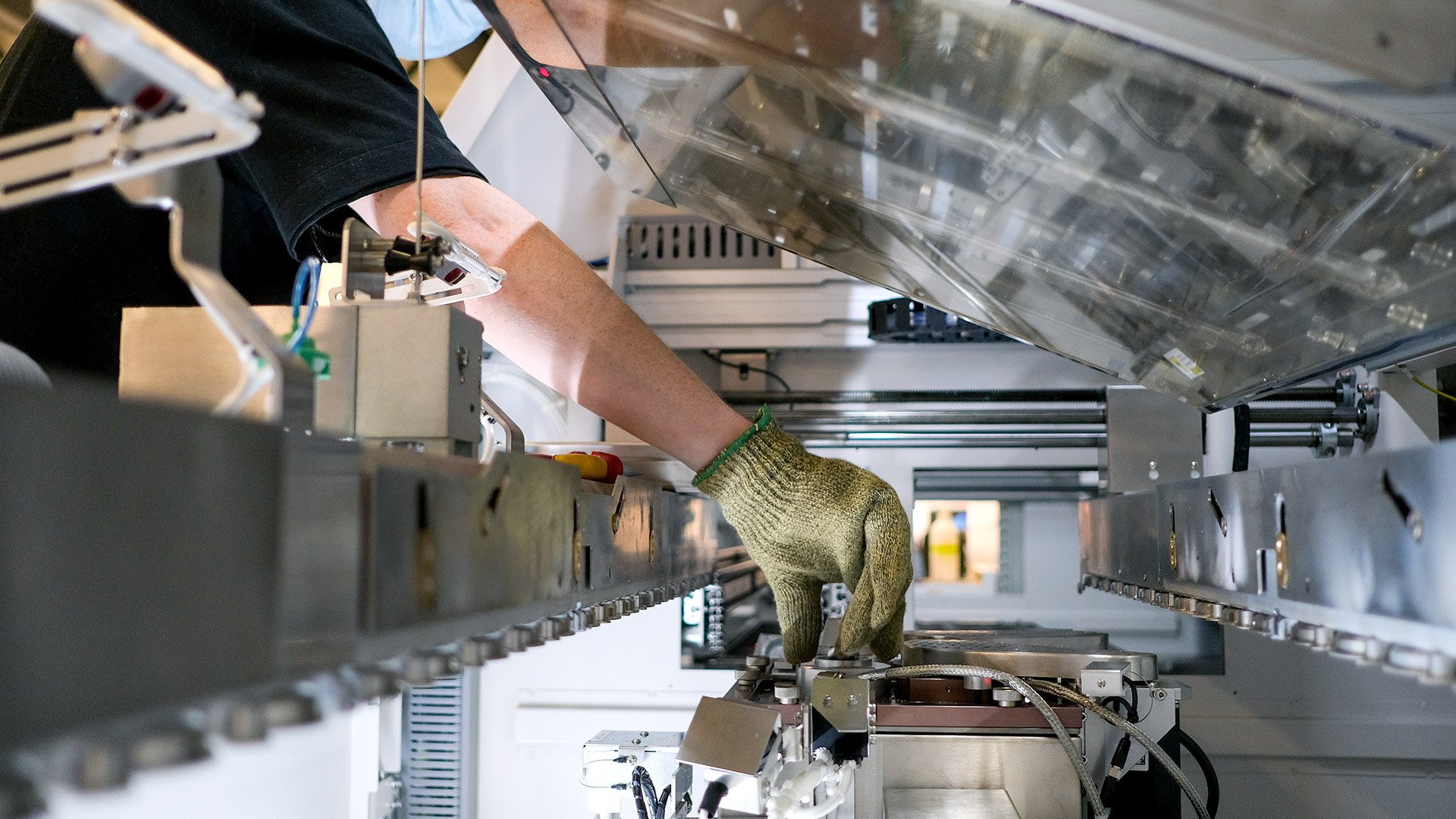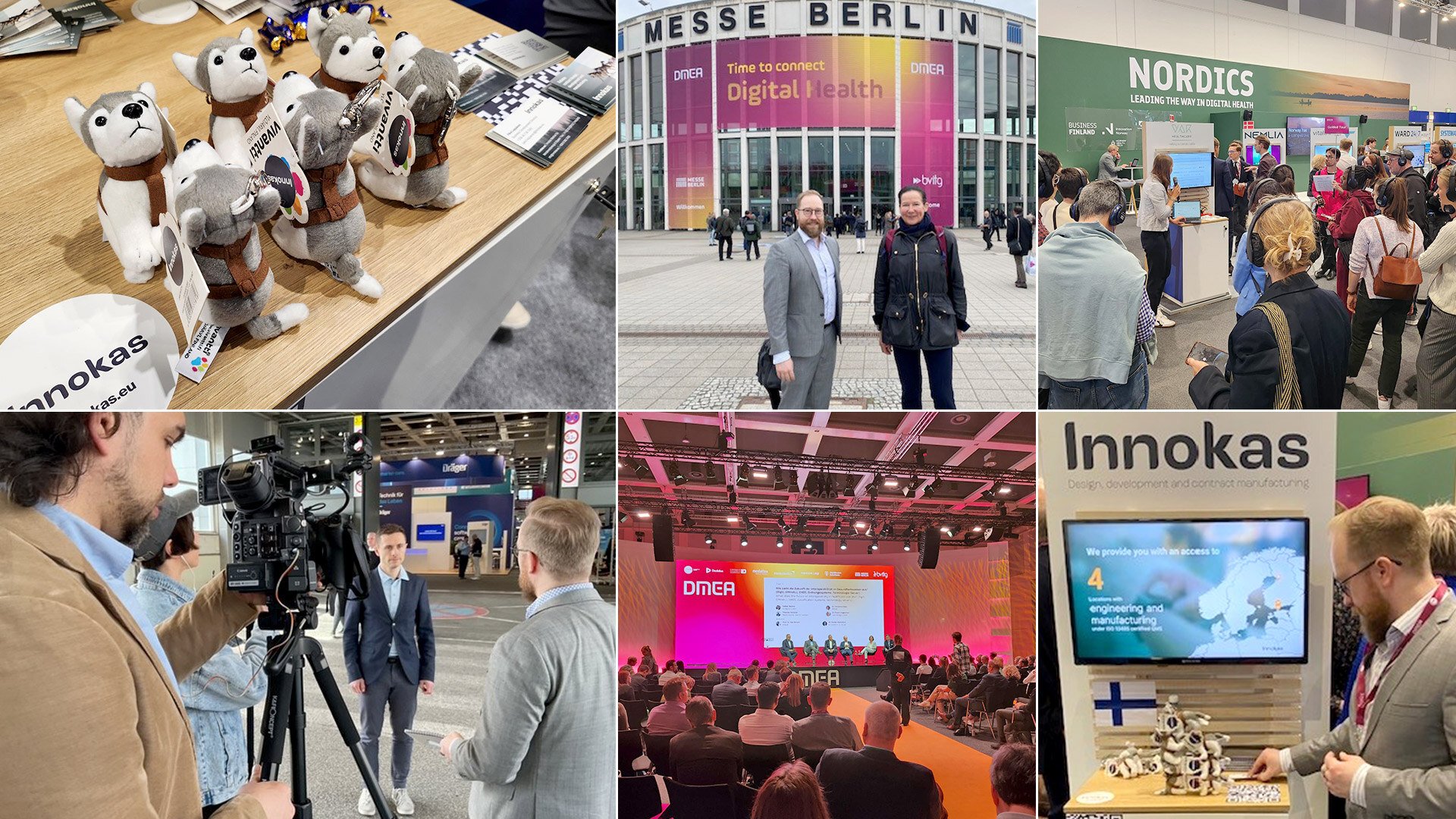Sustainability initiatives have been meticulously ongoing since Innokas' first sustainability report in early 2024. The work is becoming an increasingly relevant, even in the demanding, safety-critical smart device market. As a partner in both design and manufacturing, Innokas wants to support customers in creating sustainable devices throughout the entire product life cycle, starting from the initial stages of the design process.
In August 2024, Innokas developed a practical playbook, created by experts, to guide product design projects with a focus on circular design principles. The playbook offers adaptable, realistic guidelines for implementing sustainable design in customer projects and serves as a tool to introduce customers to Innokas' sustainability principles.
Concrete principles at the heart of development
The playbook project, launched in early August 2024, aimed to establish practical principles that needed to provide both concrete guidance and broad relevance across various product development projects. The principles were developed by closely reflecting a product developer's work, using three product categories as examples: high-use, long-life products; single-use products; and purely software-based products. Guidance was sourced from practical use cases.
"The idea is that we as a company develop an understanding of what circular design is, and what principles help our customer achieve circular product design," explains Antti Virtanen, Solution Architect at Innokas. "Key considerations include understanding how the product will be used, identifying its essential features, envisioning its life cycle as it moves from one user to the next, and how it can be recycled after use period”
Circular economy principles through collaboration
The Innokas Circular Economy Playbook was developed in partnership with Impaktly, a company that helps companies apply sustainability into their products, services and customer experience development.
"In the health sector, the business' impact on people's wellbeing is already important," notes Emma-Sofie Kukkonen, Design Practice Lead from Impaktly, who was part of the project team. The environmental responsibility in procurement and supply chains are new, but fast-moving development in the health sector. The implementation of sustainability targets begins with the largest purchases, including smart devices Innokas designs and manufactures for their customers.
Recycling in health technology is often seen as challenging, largely due to the perceived need for virgin materials to ensure patient safety. "This is an idea that needs to be challenged," says Emma. "We discovered in this project that by setting aside initial assumptions and systematically approaching projects from a fresh perspective, numerous opportunities for improvement can be found. Innokas has set out to tackle this challenge with an open mind."
Project, challenges and outcome
Adapting traditional circular economy product development strategies in Innokas’ business context was the project’s main challenge. “We already have some principles in place from the Circular Design training course we attended in 2023. Our goal is to further extend product life cycles by minimizing the use of virgin materials to reduce emissions and positively impact production chains when selling equipment and sourcing parts," says Antti.
Impaktly gained valuable insights from the Innokas team throughout the project. “While we’re not experts in medical devices, we are professionals in circular economy and design principles. Combining these areas was truly rewarding for our team,” Emma reflects.
Ultimately, the playbook turned out practical and it provides clear guidance on essential elements for initiating environmentally conscious product development projects. While Innokas already had circular economy practices, the playbook streamlines and systematizes their implementation, as well as facilitates the onboarding of new team members. Additionally, the playbook helps customers grasp the significance of circular economy in health technology.
Three main principles
Three guiding principles were established to steer Innokas’ product development projects. These principles will be discussed with the customer in the early stages of the design process, focusing on the project requirements.
More with less - This principle emphasizes a radical reduction in resources used throughout a product's life cycle, maximizing impact and material efficiency. In practice, this involves identifying redundant features and exploring capabilities that can be achieved through programming alone, minimizing the need for physical materials.
Extend the life cycle - The goal is to keep the finished product in use for as long as possible, maintaining its highest value and avoiding premature recycling. Key considerations include minimizing the number of spare parts required and reducing the need for travel during maintenance.
Design for recycling - When a product reaches the end of its use, it is designed with recyclability in mind to minimize environmental impact. This includes ensuring that materials are easily separable for recycling and reuse.
All three principles are something that Innokas can influence in the early stages of the product design life cycle, solidifying the circular design principles in the product's life cycle from the very beginning.
Circular economy ensures the company’s future
The transition to a circular economy is becoming inevitable. Businesses should look boldly to the future and consider what will enable them to exist in ten years' time and which actions will ensure competitiveness and survival of their products and services.
"Right now, implementing the circular economy demands pioneering efforts and experimentation. It’s not easy, but the only way to get started is to experiment and learn. Few companies have successfully adopted circular economy practices, but the trend is moving in that direction. Investors can be very critical of companies' ability to improve material efficiency. At this stage, there is no such thing as starting too small," Emma sums up.
Interviewees

Antti Virtanen
Solution Architect, Innokas
+358 50 321 0874
Antti.Virtanen@Innokas.eu

Emma-Sofie Kukkonen
Design Practice Lead, Impaktly

